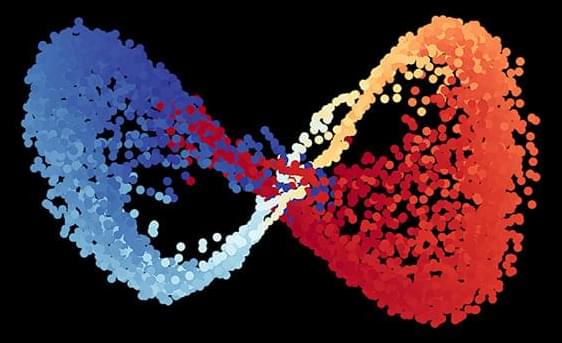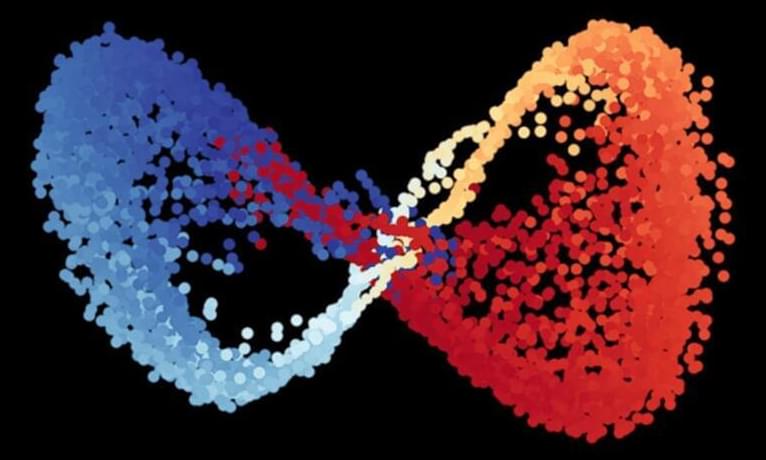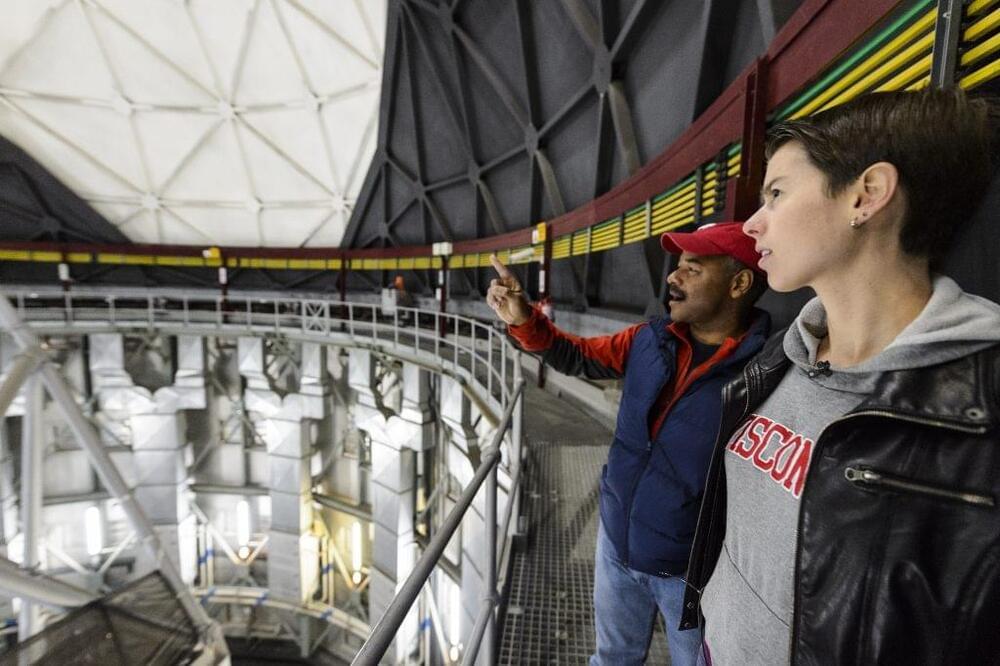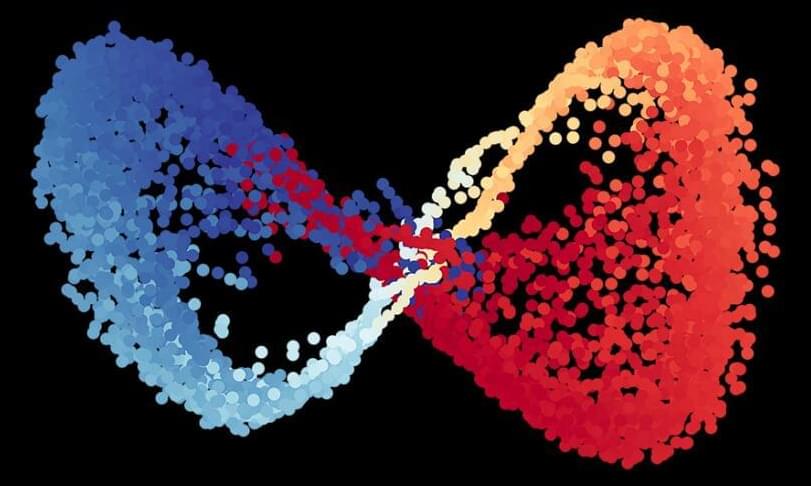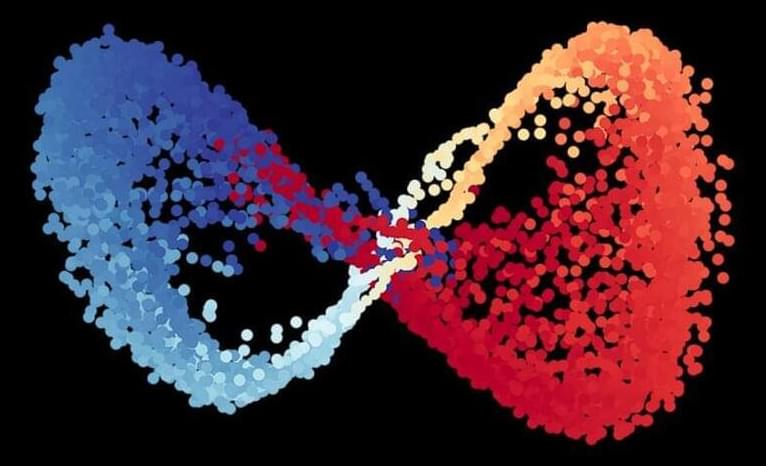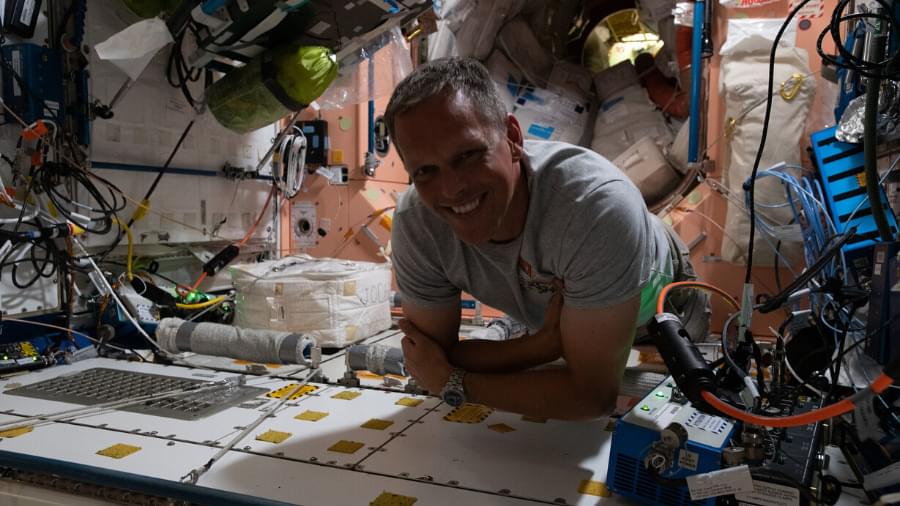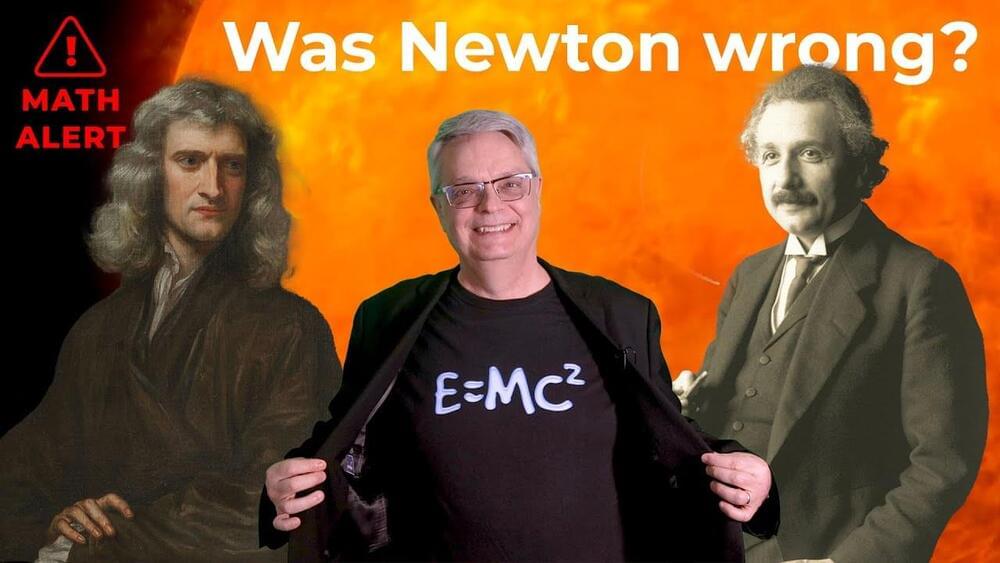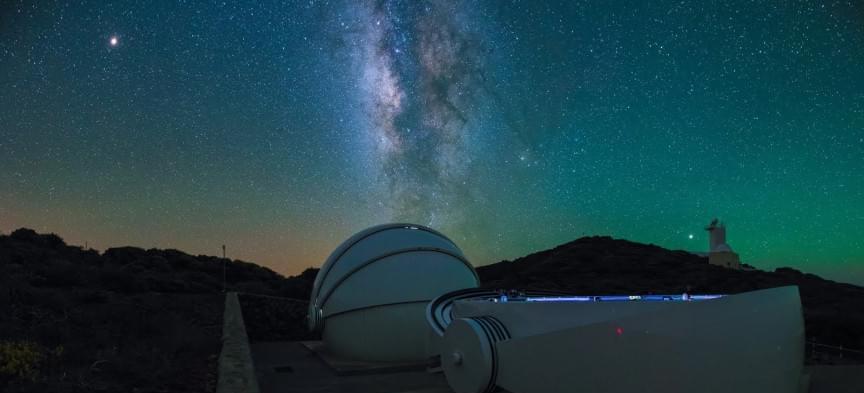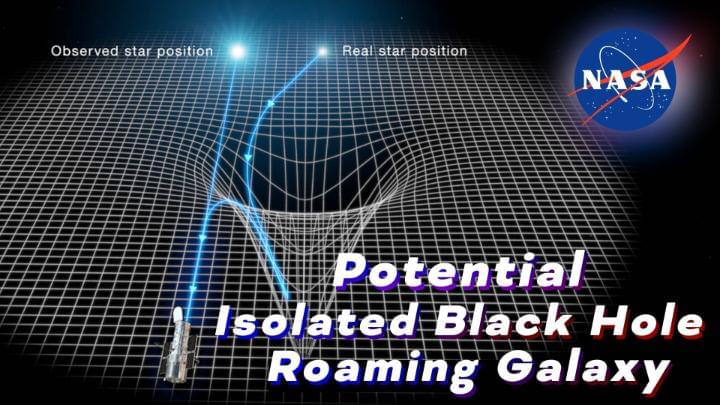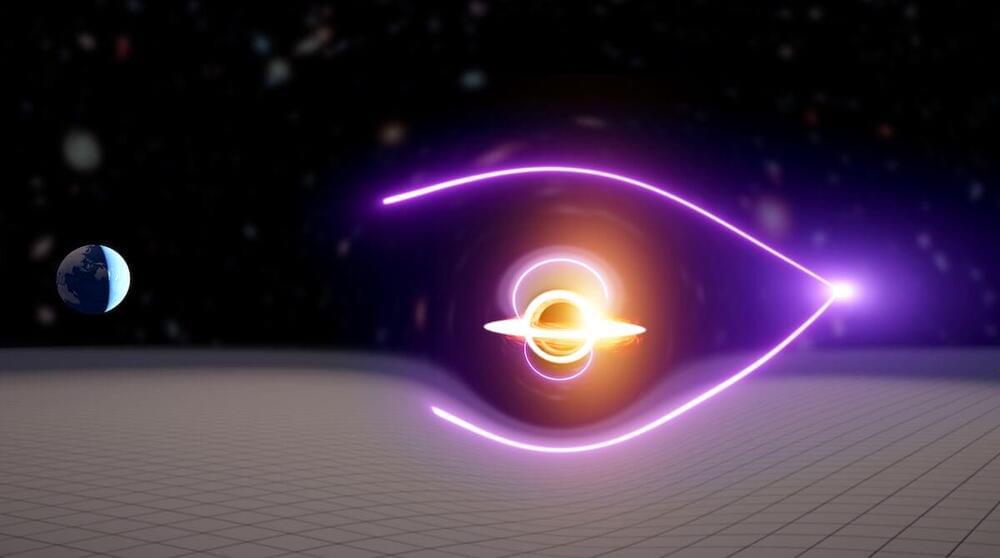
Last year, scientists used gravitational waves to detect an elusive intermediate-mass black hole for the first time. Now, Australian astronomers have spotted another – this time using gamma-ray bursts.
Black holes are formed when massive stars reach the end of their lives and collapse under their own gravity. But they aren’t all the same – stellar mass black holes are small, just a few times the mass of our Sun, while supermassive black holes at the hearts of galaxy are enormous, with masses millions or even billions of times greater than our sun.
Intermediate mass black holes are the missing link between these two populations, thought to span between 100 and 100,000 solar masses. The black hole discovered in 2020 was 142 solar masses – while this newly discovered monster is on the other end of the scale, at approximately 55,000 solar masses.
